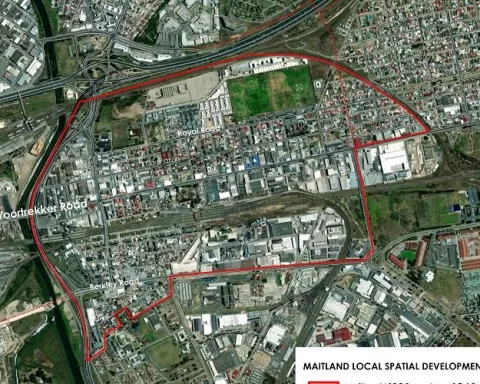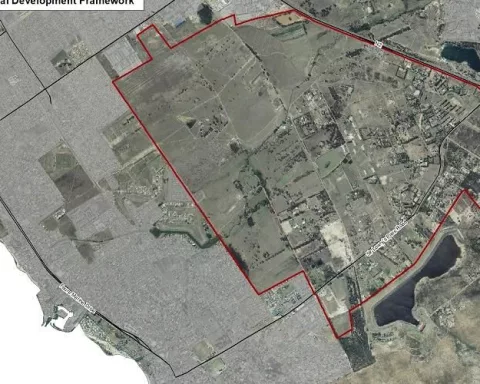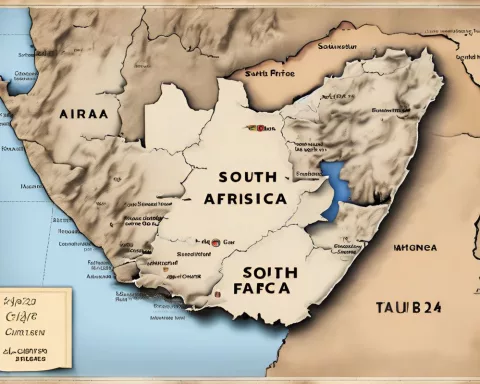As National Environmental Month begins in South Africa, Cape Town assumes a leadership role in sustainable development and environmental initiatives. With its stunning landscapes and diverse ecosystems, Cape Town is an exemplar of a city that prioritizes ecological preservation. In this article, we explore the key sustainability initiatives that position Cape Town as a beacon of environmental consciousness.
Renewable Energy and Carbon Neutrality
Cape Town has made significant strides towards employing renewable energy sources, with the ambitious goal of achieving carbon neutrality by 2050. The Cape Town Energy Efficiency Forum promotes energy-saving practices among households and businesses, showcasing the city’s commitment to sustainability. The Atlantis Special Economic Zone has also become a hub for renewable energy technologies, such as solar and wind power, driving innovation and attracting clean energy investments.
Water Conservation and Management
The severe drought in recent years spurred Cape Town to revolutionize its water resource management through various conservation measures. The ‘Day Zero’ crisis served as a catalyst for widespread behavioral changes and the adoption of innovative water-saving technologies. Cape Town is now home to numerous initiatives like rainwater harvesting, grey-water systems, and efficient irrigation methods that promote sustainable water use and alleviate pressure on local water supplies.
Biodiversity Protection
Cape Town’s rich array of flora and fauna makes biodiversity preservation a top priority. The city’s biodiversity management plan aims to protect unique ecosystems, such as the Cape Floristic Region, a UNESCO World Heritage Site. Efforts are also underway to restore natural habitats, reintroduce endangered species, and create urban green spaces. These initiatives enhance the city’s biodiversity and provide residents with access to nature.
Waste Management and Recycling
Addressing the growing waste management challenge, Cape Town has implemented comprehensive recycling programs and waste reduction strategies. Separation at the source ensures that recyclable materials avoid landfills. Innovative projects like the Waste-to-Energy Facility in Athlone capitalize on waste as a renewable energy source, offering sustainable solutions while minimizing environmental impact.
Sustainable Transportation
Cape Town recognizes the importance of sustainable transportation in decreasing carbon emissions and enhancing air quality. The city invested in an extensive public transportation system including the MyCiTi bus network and integrated cycling lanes. Carpooling programs and the promotion of electric vehicles aim to decrease reliance on private cars and encourage eco-friendlier alternatives for daily commuting.
In conclusion, Cape Town’s extensive initiatives spanning renewable energy, water conservation, biodiversity protection, waste management, and sustainable transportation showcase the city’s commitment to environmental preservation and sustainable development. These efforts set an inspiring example for other metropolitan areas worldwide.












